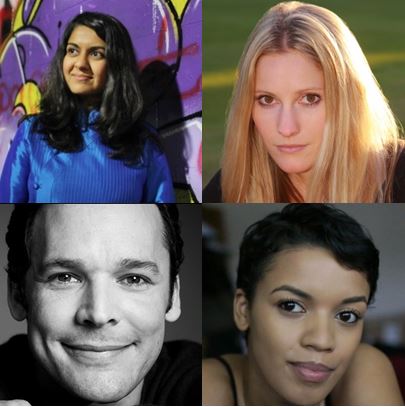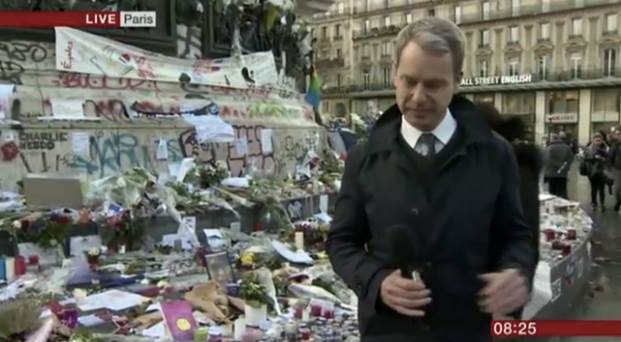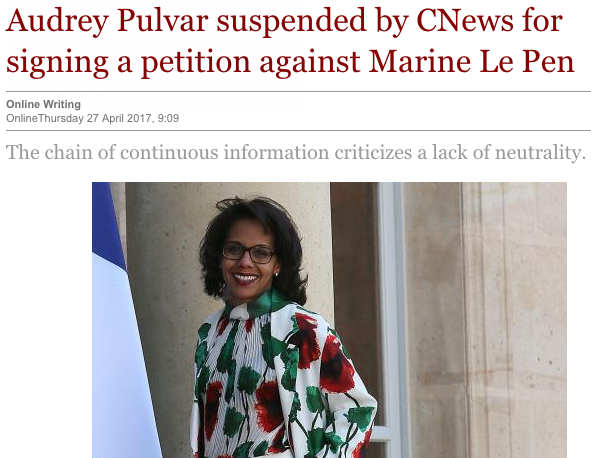 Henna Zamurd-Butt is a Politics and Communications masters candidate at LSE, and an editor at digital journalism platform, Media Diversified. She was formerly a news editor at user-generated press agency, Newzulu @HennaButt
Henna Zamurd-Butt is a Politics and Communications masters candidate at LSE, and an editor at digital journalism platform, Media Diversified. She was formerly a news editor at user-generated press agency, Newzulu @HennaButt
This space, this digital space was mine…everyone should feel entitled to their own space because it’s so important for growth…people who shit on the internet are the people who already feel comfortable…they already feel safe.
– Kareem (@westindians) in Strolling episode 12
This quote from an episode of director Cecile Emeke’s documentary film series, Strolling, chronicling discussions with the Black/African diaspora, does a beautiful job of illustrating what the internet has achieved for many members of ethnic minority communities living in the UK. Evidence of minoritised communities finding voice through the digital world is building; what is significantly different about the digital space? And can subversions of the status quo online translate to the offline media landscape?

Emeke was joined at a Polis talk ‘Navigating Culture’ by writer and performance poet, Dean Atta. Both young creatives are now are enjoying success in the mainstream, however they built their initial audiences online.
Often discussions about the kinds of issues that come up in Strolling, Emeke explains, are confined to academic elites. She speaks of her experiences of Black cultural heritage in the past being limited to “institutions” i.e. through galleries or archives.

She emphasises accessibility as a key strength of the internet for disseminating her work to those that would otherwise miss out.
Of course accessibility works both ways and creative industries are notoriously difficult to enter if you hold less social capital. Perhaps the internet holds less of these obstacles, as Atta put it, once the work is out there it can take on a life of its own.
Atta’s poem “I am nobody’s n*****r” serves as an example of how creative work can find an audience online. This powerful piece gained huge attention after it was written in 2012, and it can be argued that it was able to find its audience because of this accessibility, reaching individuals like Kareem who in the quote above describes the need to find his own space – one that often is not afforded to members of marginalised communities in the mainstream media.
An animated video of the poem was also created without the poet’s knowledge, showing the collaborative, community aspects that come of allowing work to circulate online.
The UK media landscape still suffers from a lack of diversity, which can lead to added pressures for those that do gain success. As Emeke now finds herself developing her comedy webseries Ackee & Saltfish for the BBC and Atta has had his poetry collection published, I’m not surprised to hear that they have felt nudges to push them into certain creative directions which may connect strongly to stereotypes of BME heritages.

However, both Atta and Emeke are incredibly positive. Galvanised by online success that has rooted them in like-minded audiences who share the experiences of life that they depict in their work, neither poet nor filmmaker is prepared to compromise.
Perhaps this is how digital media spaces can serve to disrupt, not just online, but offline as well.
@HennaButt
Cecile Emeke & Dean Atta – Navigating ‘Culture’ from Polis Video on Vimeo.





